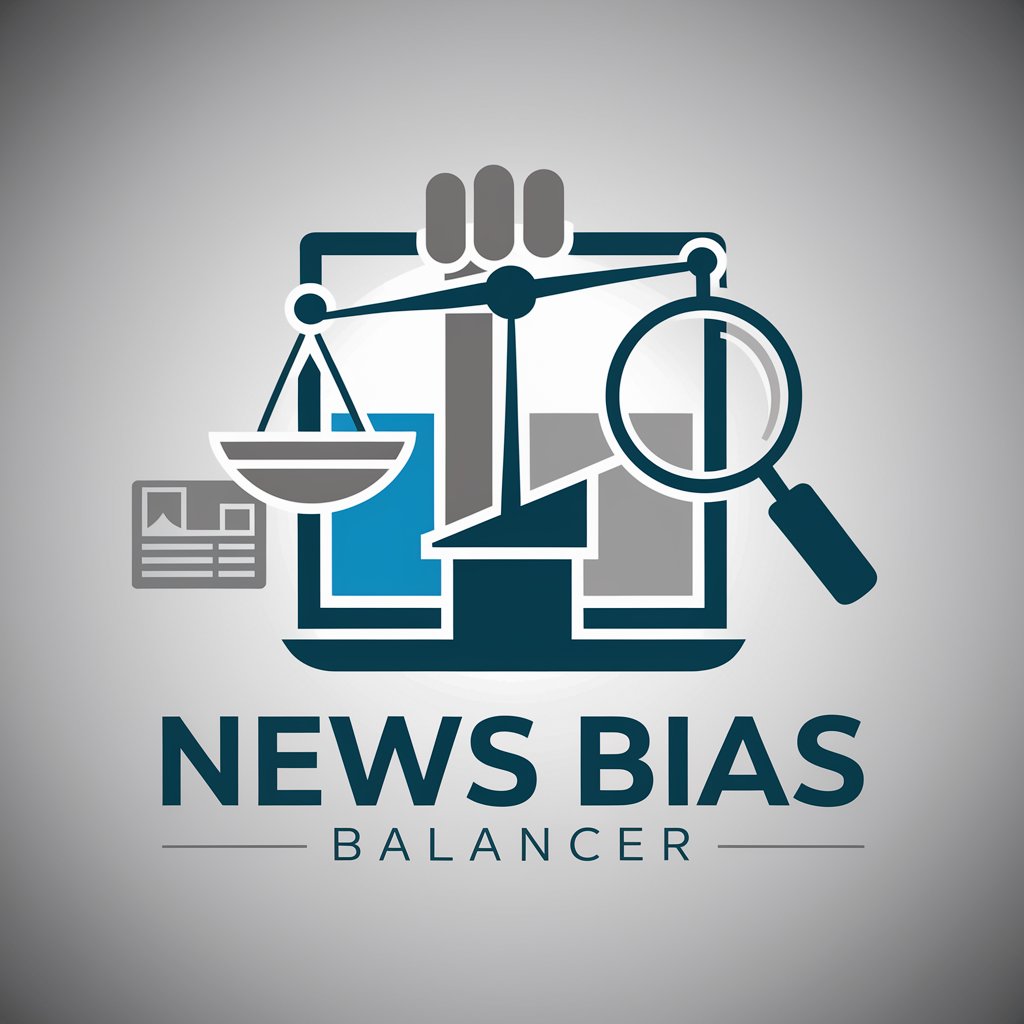4 GPTs for Political Awareness Powered by AI for Free of 2026
AI GPTs for Political Awareness are advanced computational tools that utilize Generative Pre-trained Transformers to analyze, understand, and generate content related to political topics and issues. These tools are tailored to support tasks such as sentiment analysis of political discourse, tracking policy changes, identifying fake news, and engaging in political education. They leverage large datasets to provide insights into political trends, public opinion, and more, making them invaluable for stakeholders looking to make informed decisions based on current political climates.
Top 4 GPTs for Political Awareness are: BoycottBot,News Bias Balancer,Both Sider Politics,Brand Watchdog
BoycottBot
Empower your choices with AI-driven insights

News Bias Balancer
Illuminate Bias with AI-Powered Analysis

Both Sider Politics
Unbiased AI-driven Political Analysis

Brand Watchdog
Empowering informed decisions with AI-driven donation insights.

Key Attributes and Functions
AI GPTs designed for Political Awareness excel in their adaptability, offering a range of functions from basic informational queries to complex analysis of political sentiments. Unique features include natural language processing for understanding and generating political discourse, real-time data analysis to track evolving political events, and the capability to identify biases and misinformation. Additionally, these tools support multiple languages, offer technical support for developers, and can integrate with web search and image creation capabilities to enhance user engagement and understanding.
Who Benefits from Political Awareness AI
These AI GPT tools are crafted for a diverse audience, including political science students, researchers, policy makers, journalists, and activists. They serve as an accessible entry point for novices interested in political studies, while offering deep customization options for developers and professionals in the field. The tools aim to democratize access to political information, enabling users across various skill levels to engage with political content meaningfully.
Try Our other AI GPTs tools for Free
Informed Shopping
Discover how AI GPTs transform online shopping with personalized advice, price comparisons, and product insights, all designed to help you make informed decisions.
Content Unblocking
Unlock your content's full potential with AI GPT tools for Content Unblocking, designed to overcome content creation and access barriers seamlessly.
Geographical Freedom
Discover how AI GPTs for Geographical Freedom can transform your approach to geographical data analysis, planning, and decision-making with advanced AI capabilities.
Direct Marketing
Unlock the power of AI in Direct Marketing with GPT tools designed for personalized communication, content creation, and data analysis. Elevate your marketing strategy today.
Payroll Management
Discover how AI GPTs revolutionize Payroll Management with automation, accuracy, and adaptability, offering tailored solutions for businesses of all sizes.
Employee Data
Explore how AI GPTs for Employee Data revolutionize HR practices with advanced data management, analysis, and predictive insights, tailored for efficient employee oversight.
Expanding Horizons with AI in Politics
AI GPTs for Political Awareness are reshaping how we interact with political information, offering nuanced insights and enhancing public engagement. These tools are not just for passive consumption; they encourage active participation in political discourse. Their integration capabilities mean they can be seamlessly incorporated into existing educational or informational platforms, broadening their utility and impact across different sectors.
Frequently Asked Questions
What exactly are AI GPTs for Political Awareness?
AI GPTs for Political Awareness are specialized tools that use AI to process and generate information on political subjects, aiding in analysis, education, and discourse.
How do these AI tools adapt to different political contexts?
They analyze vast amounts of data, learning from current events, historical records, and user interactions to adapt their outputs to reflect the latest political landscapes and discussions.
Can non-technical users easily operate these AI GPTs?
Yes, these tools are designed with user-friendly interfaces that allow non-technical users to navigate and utilize their functionalities without prior programming knowledge.
Are there customization options for experienced developers?
Absolutely. Developers can access APIs and other programming tools to tailor the AI's functionalities to specific projects or research needs.
How can these tools help combat fake news?
By analyzing data patterns and cross-referencing information, AI GPTs can identify inconsistencies and potential misinformation, helping to highlight reliable sources.
Do these tools support multilingual analysis?
Yes, one of their strengths is the ability to process and generate content in multiple languages, making them valuable for global political analysis.
Can AI GPTs for Political Awareness predict election outcomes?
While they can analyze trends and public sentiment, predicting specific election outcomes involves uncertainty and is influenced by many unpredictable factors.
How do these AI tools integrate with existing systems?
They offer flexible integration options, allowing them to complement existing software or platforms through APIs, making them versatile tools for a variety of applications.